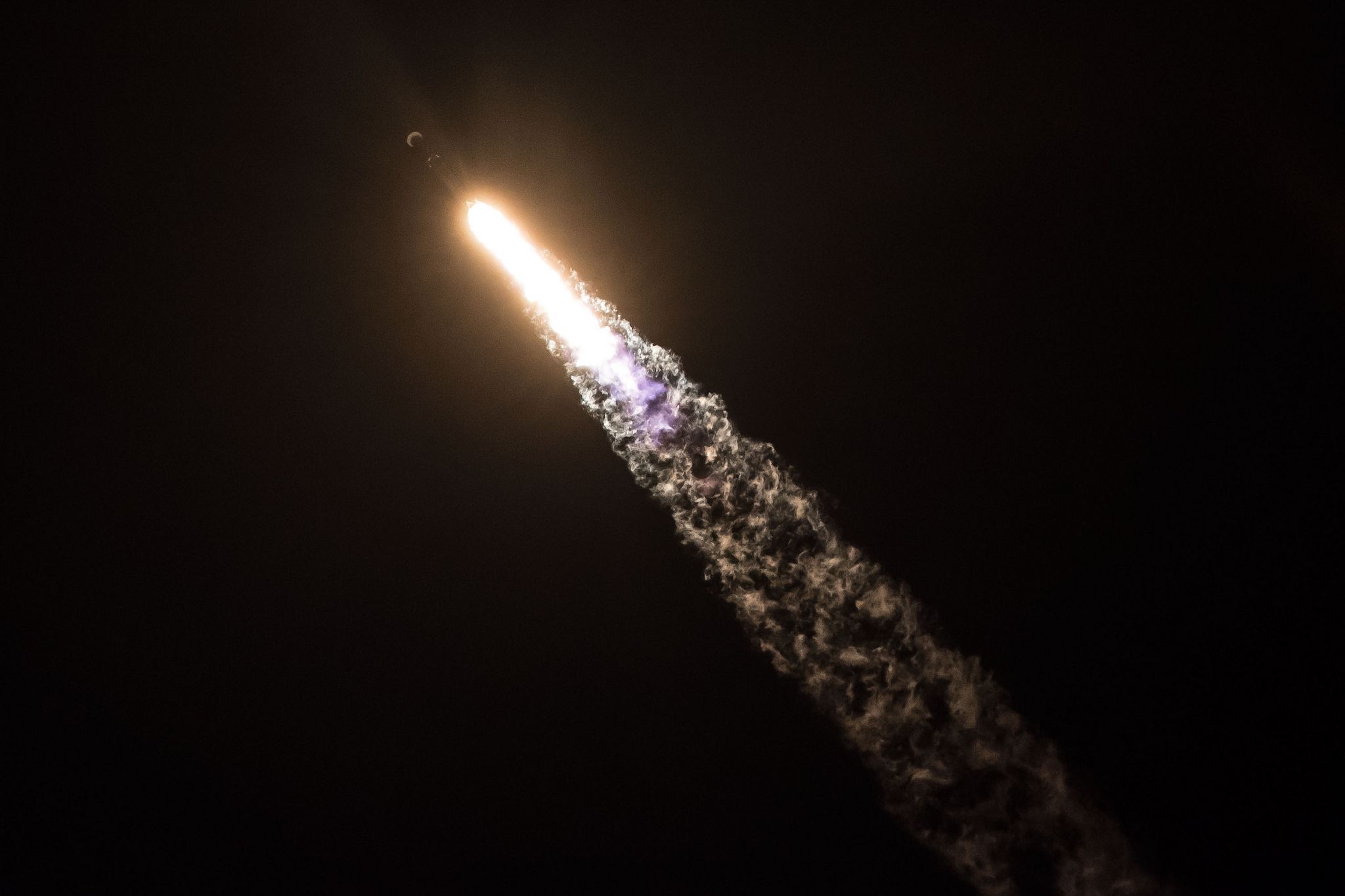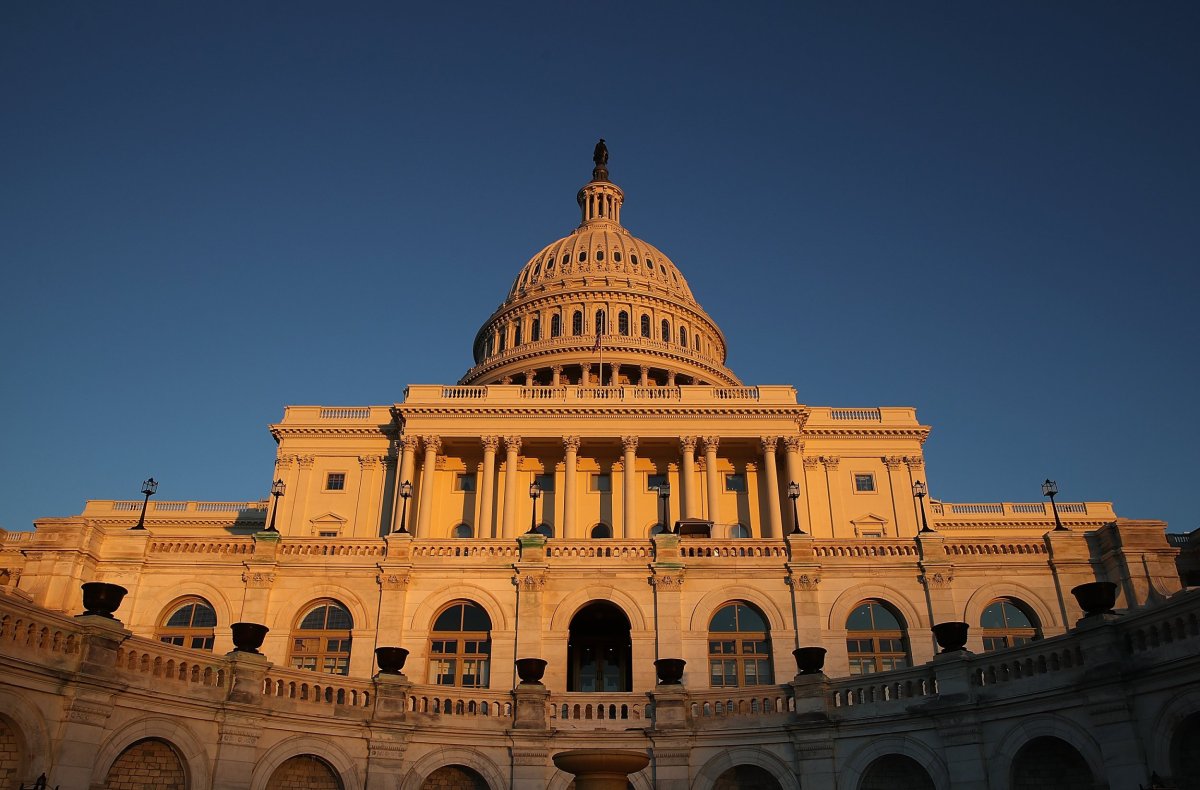
Updated | On Wednesday, House lawmakers probed SpaceX and NASA on the possible loss of the Zuma secret spy satellite. The craft—whose value is estimated to be in the billions—may have failed to reach orbit.
The potential failure of this mission raised questions in the House on the ability of SpaceX and other commercial providers to take astronauts into space safely as part of a planned commercial crew program.
The financial responsibility for Zuma, Bloomberg reported, may land on the U.S. taxpayer.
Secret Zuma satellite
The classified Zuma craft launched from a SpaceX Falcon 9 rocket January 7. While it appeared successful at first, reports soon emerged that something had gone terribly wrong. The Wall Street Journal stated U.S. lawmakers had been briefed the craft failed to reach orbit and was presumed a complete loss. The WSJ reported the satellite could be worth billions.
SpaceX has asserted more than once that its rocket performed as expected, while satellite manufacturer Northrop Grumman has refused comment. Some experts pointed to a payload adapter built by Northrop as a likely cause. The payload adaptor is the interface between the rocket and satellite.
A grilling in the House
The first question from U.S Representative Brian Babin, the chairman of the House Space Subcommittee, at Wednesday's House hearing was on the fate of Zuma. He said: "I do not want to discuss anything classified in an open session, [but] the circumstances surrounding this mission do have a direct impact on NASA."
Zuma's launch vehicle was paid for in part by NASA, Babin stated, and would be used in the planned commercial crew program that was the main topic of the hearing. Babin said: "Knowing the operational history of the system that NASA use to put people on is a matter of life and death, literally."
In fact, NASA pays SpaceX for launch services, but did not fund the development of the Falcon 9 vehicle itself.
Babin then asked if SpaceX would discuss the Zuma mission more openly in a classified setting.
Hans Koenigsmann, vice president of build and flight reliability at SpaceX, confirmed that the company would talk, but only "through the proper channels" and not "in this particular setting." He reaffirmed the company's position that the Falcon 9 had performed as expected.

Babin turned the probe to William Gerstenmaier, associate administrator of the Human Exploration and Operations Directorate at NASA. He asked, "Does anyone at NASA know the details of the Zuma mission?"
Gerstenmaier affirmed the agency knew nothing per se, but that it would be appropriately involved in any potential failure investigations. "If this is declared a mishap and we understand that it's a mishap, NASA will be informed, and we will have appropriate personnel participate in those mishap activities," Gerstenmaier said.
The Northrop Grumman question
Aerospace and defense company Northrop Grumman is also a key player in the Zuma mystery.
Northrop, Babin pointed out, is building the $9 billion James Webb Space Telescope for NASA. "Understanding Northrop Grumman's work is clearly important to NASA."
Industry experts have raised questions about these kinds of expensive private contracts—and who will pay for them. Peter Elson, chief operating officer for insurance broker Jardine Lloyd Thompson Group's aerospace team told Bloomberg the burden would probably fall on the taxpayer.
Taxpayers "foot the bill"
SpaceX and Northrop should be covered by third-party liability insurance, Bloomberg stated. The U.S. Government, however, might not be insured. Elson explained: "The policy of the U.S. government has been that they do not buy insurance. They rely on the taxpayer to foot the bill when things go wrong."
"In essence, the taxpayer has paid for this mission," Elson added. "If the government decides to replace Zuma, the taxpayer would pay for it."
The Pentagon declined to comment.
This article has been updated to include more information about the relationship between SpaceX and NASA. It has also been corrected to reflect the cost of the James Webb Space Telescope.
Uncommon Knowledge
Newsweek is committed to challenging conventional wisdom and finding connections in the search for common ground.
Newsweek is committed to challenging conventional wisdom and finding connections in the search for common ground.
About the writer
Katherine Hignett is a reporter based in London. She currently covers current affairs, health and science. Prior to joining Newsweek ... Read more
To read how Newsweek uses AI as a newsroom tool, Click here.








